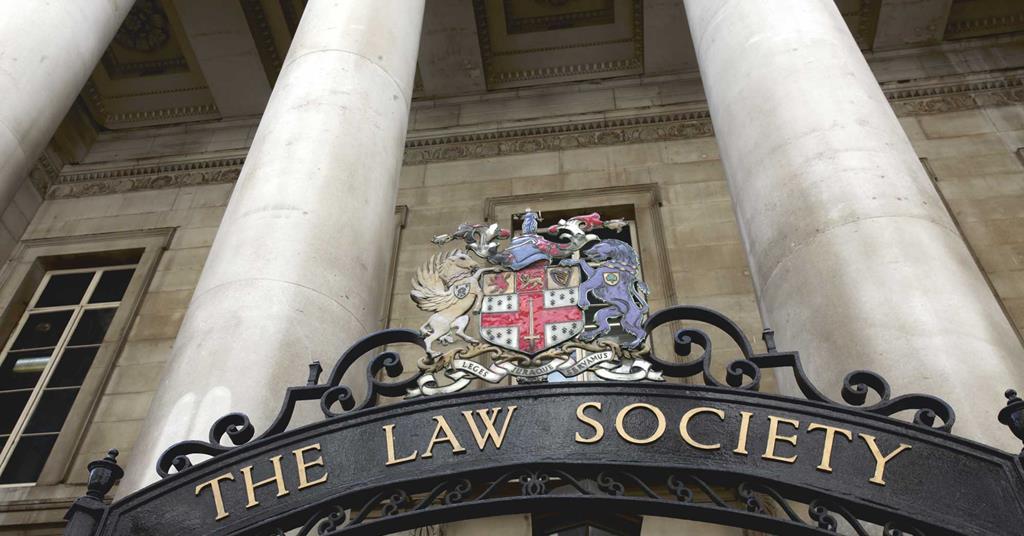### Trust and Estate Disputes Quarterly Round-Up: October – December 2023
In this quarterly round-up, we delve into a selection of significant decisions from the courts of England and Wales, focusing on trust and estate disputes from the last quarter of 2023. These cases highlight the evolving landscape of trust and estate law, offering insights into judicial reasoning and the application of statutes in complex familial and financial circumstances.
#### Withers Trust Corporation v Estate of Hannah Goodman [2023] EWHC 2780 CH: A Forfeiture Act 1982 Analysis
The High Court’s decision in this case provides a detailed examination of the Forfeiture Act 1982, particularly in the context of an executor seeking relief from the forfeiture rule after assisting in the death of a terminally ill spouse. This ruling underscores the court’s discretion in modifying the forfeiture rule, emphasizing the importance of a comprehensive evaluation of circumstances surrounding the unlawful act.
#### The Estate of Archibald v Stewart [2023] EWHC 2515: Inheritance Act Claims Beyond Death
This case addresses the survivability of claims made under the Inheritance (Provision for Family and Dependants) Act 1975 after the claimant’s death. The High Court’s interpretation clarifies the personal nature of these claims, highlighting the legislative intent and judicial precedents that restrict the continuation of such claims by an estate.
#### King v Stephen King [2023] EWHC 2822 (FAM): Intestate Estate Administration Dispute
In a dispute over who should administer an intestate estate, the Family Court’s decision to appoint an independent professional administrator over a family member illuminates the principles guiding such appointments. This ruling reflects the court’s priority in ensuring the estate’s efficient and impartial administration, especially in contentious family dynamics.
#### Otitoju v Onwordi [2023] EWHC 2665: Rights to Possession of a Body and Funeral Arrangements
This case explores the complex issue of who has the right to possess a deceased’s body and make funeral arrangements, particularly when a will’s validity is in question. The High Court’s reliance on established legal principles regarding will execution and the duties of personal representatives provides a clear directive on handling such sensitive disputes.
These cases from the final quarter of 2023 offer valuable lessons and precedents for legal practitioners and parties involved in trust and estate disputes, reflecting the nuanced and often personal nature of these legal battles.
Quarterly Round-Up of Trust and Estate Disputes: Key Decisions from England and Wales Courts
The last quarter of 2023 has seen several significant decisions in the realm of trust and estate disputes in the courts of England and Wales. These cases provide valuable insights into the application of laws surrounding the Forfeiture Act 1982, the Inheritance (Provision for Family and Dependants) Act 1975, intestacy rules, and the rights concerning possession of a body and funeral arrangements. Here’s a summary of the pivotal cases and their implications.
Withers Trust Corporation v Estate of Hannah Goodman [2023] EWHC 2780 CH
In a landmark decision, the High Court invoked section 2 of the Forfeiture Act 1982 in the case concerning the estate of the late Adrian Berry. Berry, having assisted in the death of his terminally ill wife before committing suicide, was posthumously granted relief from the forfeiture rule. This rule typically prevents individuals who have unlawfully killed another from benefiting from the deceased’s estate. Master McQuail’s application of discretion, guided by factors such as the relationship between the offender and the deceased and the nature of the offence, underscored the court’s capacity to temper justice with mercy in cases of assisted dying with insufficient moral culpability.
The Estate of Archibald v Stewart [2023] EWHC 2515
The High Court addressed the survivability of claims under the Inheritance (Provision for Family and Dependants) Act 1975 following the claimant’s death. In a case where Neil Archibald pursued a claim against his late parents’ estates, the court, upon his death, determined that such claims are inherently personal and cease upon the claimant’s demise. This decision, emphasizing the personal nature of 1975 Act claims, clarifies the act’s scope and the importance of timely resolution in inheritance disputes.
King v Stephen King [2023] EWHC 2822 (FAM)
A dispute over who should serve as the administrator of Eric Sidney King’s intestate estate led to a significant ruling. The Family Court, prioritizing the efficient and impartial administration of the estate, opted to appoint an independent professional administrator. This decision highlights the court’s discretion in appointing administrators and underscores the importance of neutrality in estate administration, especially in contentious family situations.
Otitoju v Onwordi [2023] EWHC 2665
In a case that delved into the rights concerning possession of a body and funeral arrangements, the High Court ruled in favor of the executors named in a will, despite the will being signed with the deceased’s fingerprint. This case reaffirms the validity of non-traditional will executions and the principle that the duty of arranging for the deceased’s proper disposal falls to the personal representative, as established under common law.
These cases from the final quarter of 2023 illustrate the evolving landscape of trust and estate law in England and Wales. From the application of the Forfeiture Act in cases of assisted dying to the nuances of appointing estate administrators and the enforcement of wills, the courts continue to navigate complex legal and moral territories, shaping the future of estate law with each ruling.
As we move into the new year, these decisions will undoubtedly influence future cases and legal practices, offering both legal professionals and the public deeper insights into the intricacies of trust and estate disputes.

